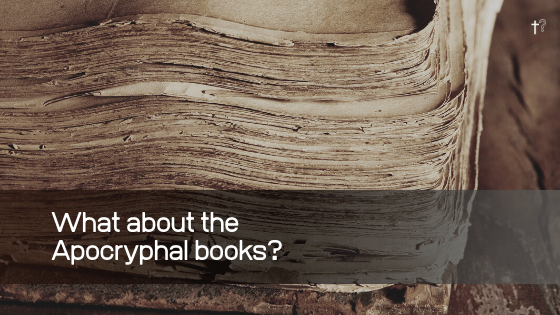What are the Dead Sea scrolls?
The dead sea scrolls discovery was one of the most significant finds of the 20th century.
This finding helped authenticate many of the stories and events mentioned in the Bible.
The discovery of the dead sea scrolls first took place in 1947 by three Bedouin shepherds exploring the mountainous area in a village called Qumran situated about 20 miles east of Jerusalem, on the northwest shore of the Dead Sea.
One of the shepherds threw a rock into a cave and heard some pottery shatter and so they decided to come back and explore it further.
The next day one of the cousins got up early and climbed into the cave to find the jar shattered, and inside it was a bunch of scrolls.
He was disappointed to come across a few ancient manuscripts; however, he had no idea that these scrolls would be worth millions and would turn the archaeological and biblical world upside down.
The rock they had thrown had hit a ceramic pot containing scrolls made of leather and papyrus that were later determined to be nearly 20 centuries old.
Since the initial discovery of the dead sea scrolls, archaeologists have gone back and found at least 11 caves with at least 1,000 different complete manuscripts or scrolls of portions of ancient writings.
Basically, they found an ancient library of books that gave us a glimpse into the first century and earlier that we never had before.
These writings were done between 250 BC before the time of Christ and 64 AD before the time the Romans came in and destroyed everything in Jerusalem.
Many of these writings were just personal writings for the community, but about 300 of these found were actually Biblical books – that is, every biblical book of the Old Testament except the book of Ester was found in whole or in some cases a partial copy of it.
Of the Biblical findings, one of the most significant was the Great Isiah scroll (which prophesies the coming of Jesus and gives an account of how He would be crucified).
The reason it is essential is that this scroll dates to about 125 BC, about a century and a quarter before Jesus was born. Before this finding, the only copy of the book of Isiah we had in its completion was a version dated to 1008 AD.
So historians tested this copy of the scroll that was before the birth of Christ and the copy written one thousand years after the death of Christ to see if there were any apparent changes made.
What they found was remarkable as both documents were virtually identical. There were a few minor spelling / grammatical mistakes, but that is justified since they copied them by hand over a millennium.
In totality, this shows how much care the Jewish scholars took into consideration when copying the word of God.
This finding also gives confidence to those reading the Bible today that the scribes were not just freely changing things in their writings or carelessly just adapting things. Rather, the Jewish scholars did all they could to make sure that the scriptures were copied carefully.
The dead sea scrolls finding is one reason among many that we can trust that the Bible we have today has not been manipulated or tampered with.
The dead sea scrolls finding is one reason among many that we can trust that the Bible we have today has not been manipulated or tampered with.
SEE SIMILAR QUESTIONS










